93% of Americans Watched the Moon Landing. These Are Three People Who Didn’t—and Why.
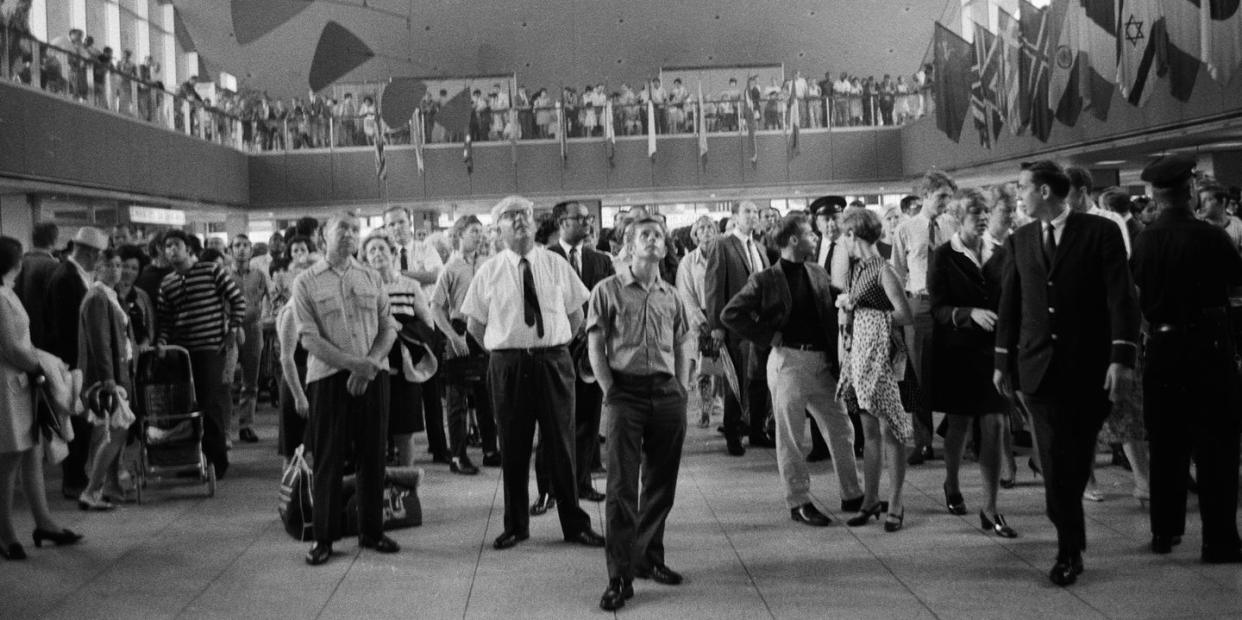
On July 20, 1969, two guys walked on the moon, and back home, the Earth stood still.
An estimated 600 million people across the world tuned in to watch the event live on television, including almost the entirety of the United States. Such an event seems impossible in our contemporary, fractured media landscape. But there were only three TV stations in 1969 (ABC, CBS and NBC), and their respective moon landing broadcast were watched by a combined 93 percent of American households, according to historical records. In New York City, the figure was closer to 100 percent, with approximately 10,000 people congregating in Central Park for a communal live viewing.
The Apollo 11 moon landing, and Neil Armstrong’s walk on the lunar surface, was a moment of intense national pride and unity—Americans all across the country put their lives on hold to witness what was among the greatest achievements in human history.
Except for the people who missed it.
Not every American who was alive and lucid in 1969 watched the Apollo 11 moon landing live on TV, despite it being requisite viewing for the rest of the nation. For the 50th anniversary, Esquire spoke with three people who didn't tune into the giant leap for mankind. Here are their stories, lightly edited and condensed for clarity.
Richard “Dick” Stratton, 87, Atlantic Beach, Florida
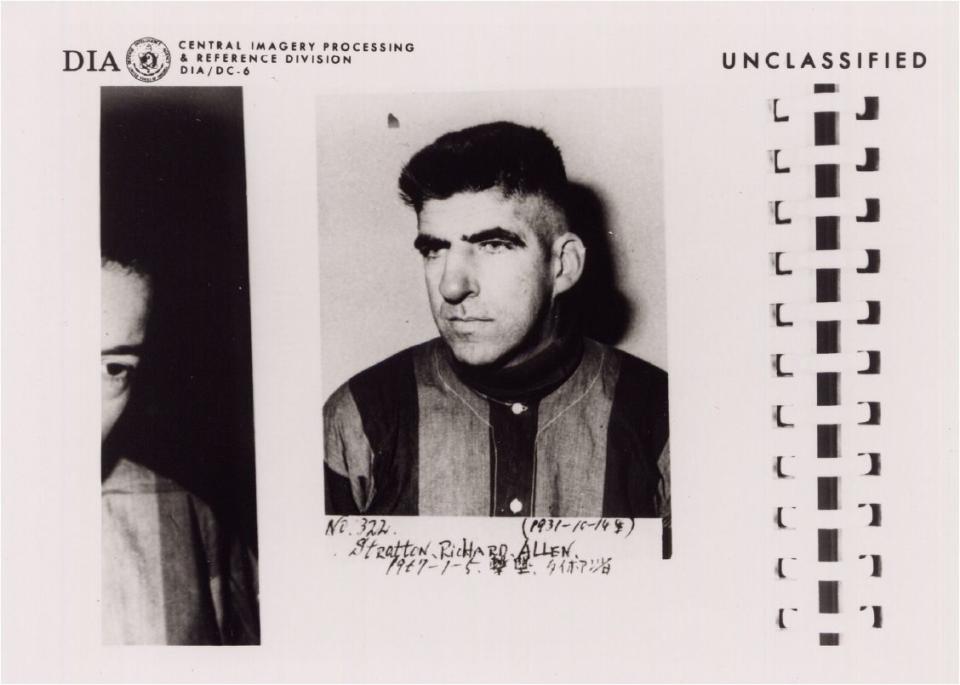
I missed the moon landing because I was in a POW camp in Vietnam.
I’m not sure where I was exactly but my best guess was a prison in Hanoi. We called it the Plantation.
I was in a two-man cell with no calendar and no clock. My daily routine consisted of reveille at 0600, chow at 0900, siesta at 1300, chow at 1500, and being forced to listen to Voice of Vietnam, North Vietnamese propaganda radio, at 1900. And we were subjected to interrogations and torture and political indoctrinations randomly, day and night.
I enlisted in the Navy in 1955 as an aviation cadet after graduating from Georgetown University. I deployed on October 14, 1966 and was captured on January 5, 1967. It was an accident; my rockets misfired and exploded in front of my aircraft. The engine ingested some of the debris and it blew off the tail of my plane, so I ejected. I landed in the only tree, behind the only house, in a five mile radius. The peasants cut me out of the tree and handed me over to the North Vietnamese, who marched me to the prison in Hanoi.
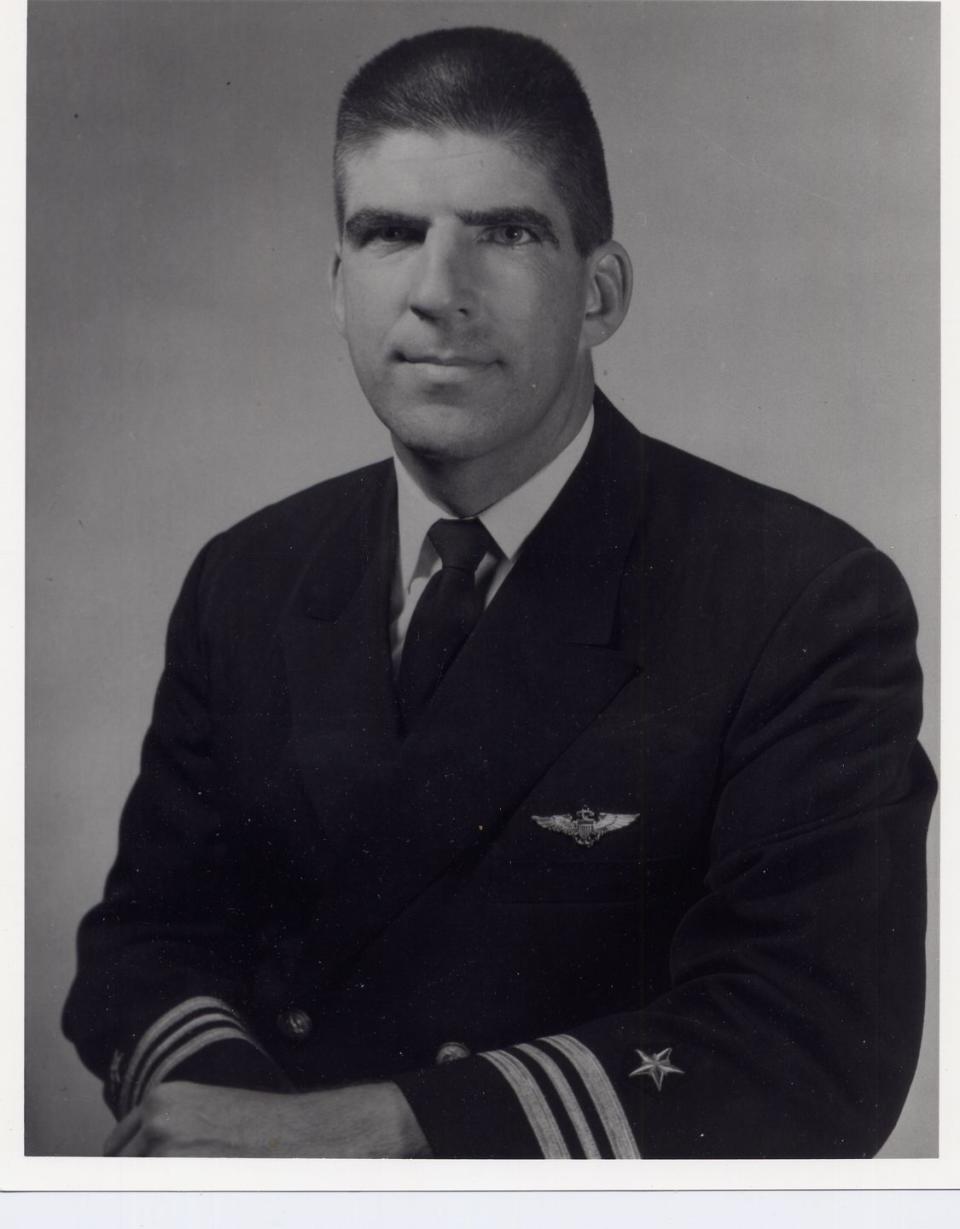
I was a POW for 2,251 days. Our only source of reliable information was FNKs (“fucking new kids”)—American fighter pilots who had recently been shot down and taken prisoner, and were new to the camp.
I had no idea the Apollo 11 mission was taking place. The guards never relayed any positive news about the U.S. My first indication the U.S. landed on the moon came from Hannah Hanoi, one of the Voice of Vietnam broadcasters. “The United States may be able to put a man on the moon, but they cannot defend their bases in Saigon,” she said.
She let a piece of positive news slip. We were ecstatic, passing the word up and down the line by tapping through the walls at night using the quadratic alphabet and using sign language the next day.
I was surprised. I thought the moon project was a political ploy by JFK to appeal to his base.
A couple years earlier, in 1964, I had a Toastmasters assignment to debate whether the U.S. should go to the moon. My position was it wasn’t worth the cost or the risk to human life. Unless it leads to us building a Mars weigh station and exploring deeper into space, then landing on the moon is nothing more than a circus stunt.
I was fighting a war our leaders had no intention of winning, with outdated equipment and weapons. I was getting my ass shot off. Why would I be excited about a political stunt like the moon landing? To this day, no one can state what purpose the Apollo missions served other than to say we did it.
A positive side effect of the Apollo 11 mission is the defense technology it helped develop. We are a safer nation today because of NASA.
Cynthia MacGregor, 75, Palm Springs, Florida
I missed the moon landing because I just wasn’t interested.
I was living in Yonkers, New York, with my then-husband and my one-year-old daughter.
I was aware of the Apollo 11 mission. I followed it in the newspapers as part of reading the news everyday, but it didn’t personally grab me. I was underwhelmed by the whole thing. Going to the moon? I wasn’t impressed. Wasn’t intrigued.
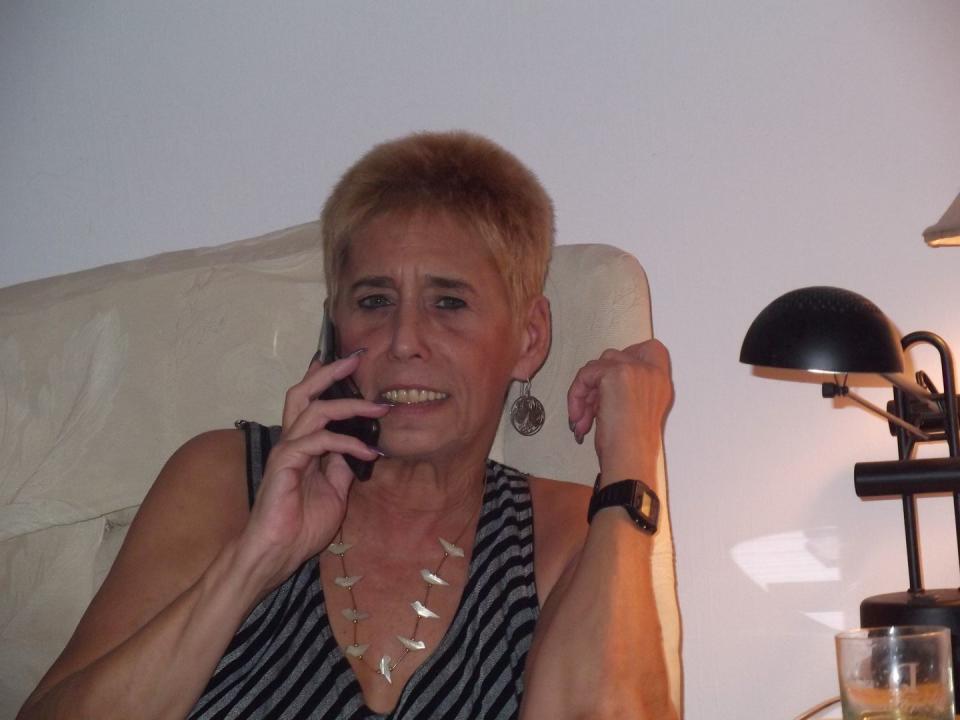
I was aware the Apollo 11 liftoff was on July 16, but I had no compulsion to watch it. Maybe it’s because I am not a visual person. I am an auditory person. I relate to the world, people and events more by sound than view. Once when I was married, I was filling out a form and it asked the color of my husband’s eyes. I had to ask him despite being married for years. I was able to remember his eyes were brown from him telling me, but not from looking at him.
The moon landing was on July 20. I don’t know if I knew it was going on and I don’t know if I cared. I didn’t care that everyone else was watching it. I don’t do something because the crowd is doing. What the crowd is doing is irrelevant to me.
I don’t regret missing it.
Robert Berliner, 74, Chicago
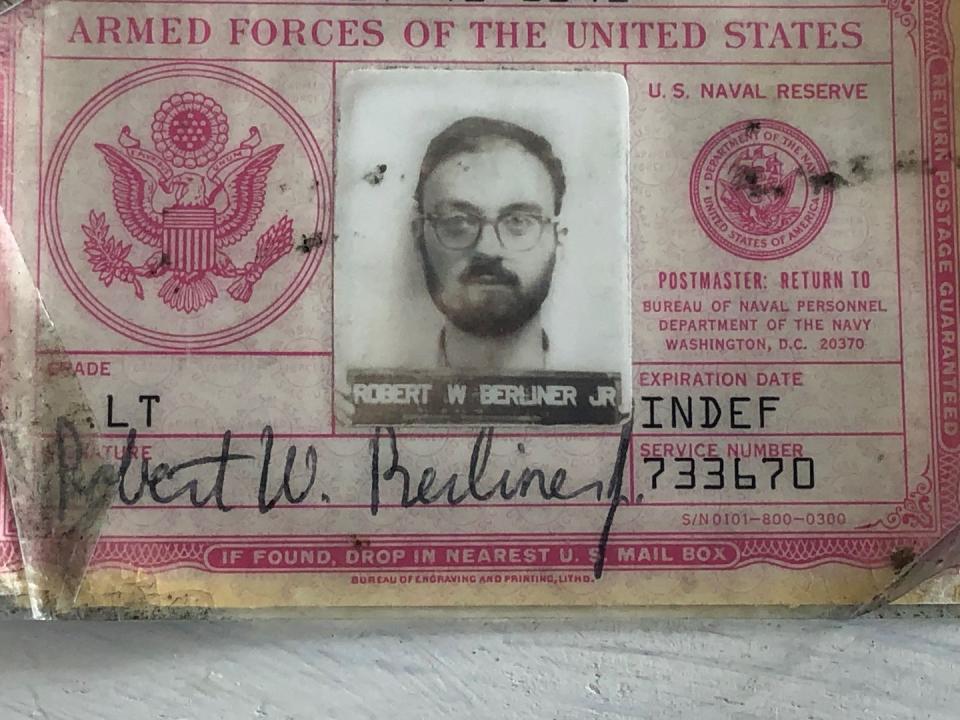
I missed the moon landing because I was in a submarine.
I graduated from Harvard in 1967 and entered officer candidate school the following year. The Vietnam War was going on, and I thought, Instead of risking getting drafted into the Army, I might have better experience volunteering and becoming an officer. And that turned out to be a very wise choice.
My first submarine patrol left in late June or July—I don’t remember exactly—in 1969 from Charleston, South Carolina. When you go to sea in a submarine like ours, you’re pretty much underwater the entire time. You come up to periscope depth a couple times a day for navigation purposes, but otherwise you’re underwater.
We trailed a radio antenna, so we would get radio communications. We were allowed to receive two or three short messages from family per patrol. And then we’d also receive news reports from the AP and UPI, or reports put together by the military. The news feeds came over the radio, and were then printed out and distributed to the crew.
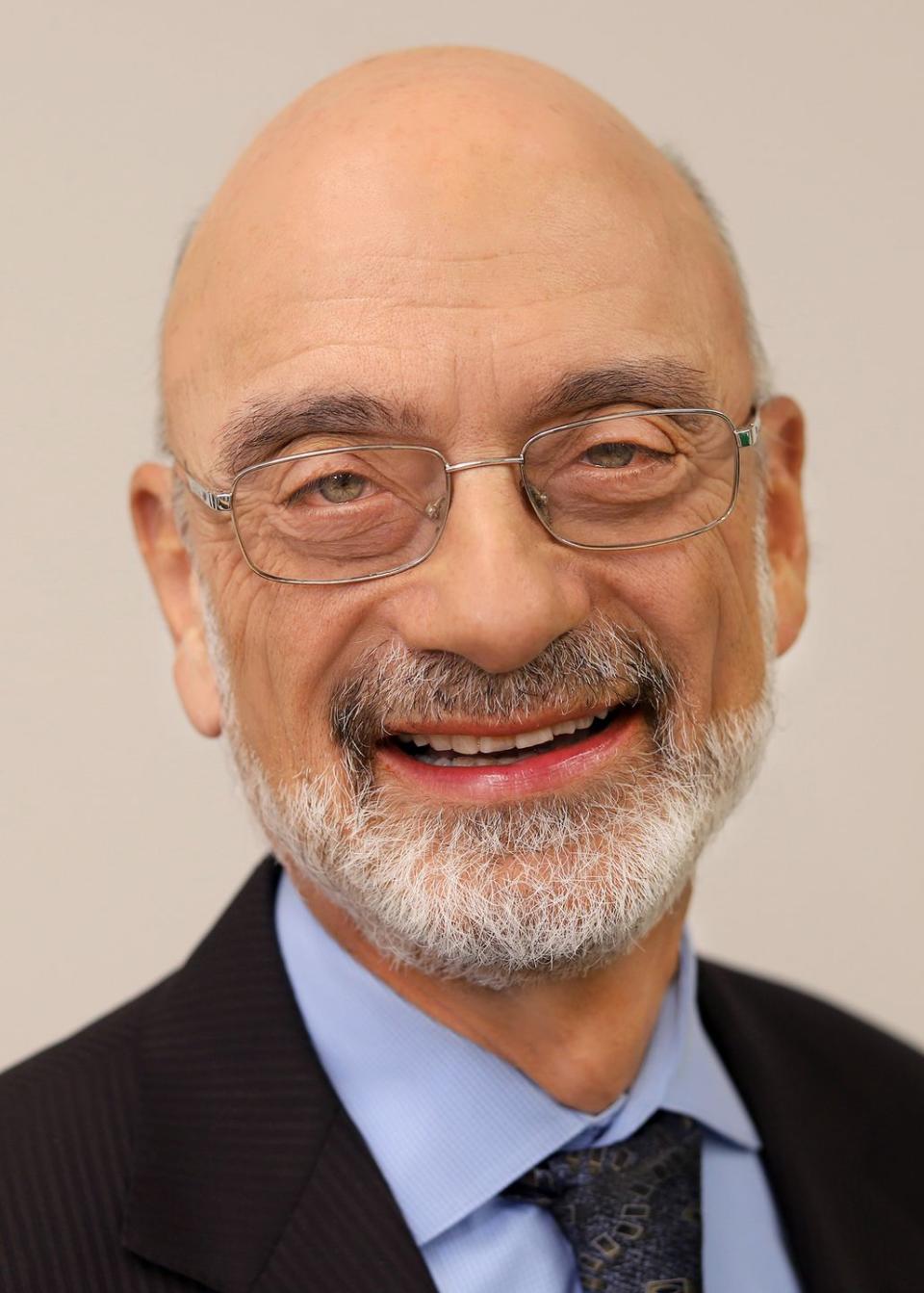
I remember learning we put a man on the moon and thinking, Oh, that’s pretty cool. The astronauts were all military guys, kinda like us.
I’m not sure if I read about it, though, or if our captain announced it to us over a meal. I suppose not remembering says something about how I feel about the moon landing. I remember very clearly where I was when I learned about the assassinations of Martin Luther King, and John and Bobby Kennedy. But the moon landing doesn’t rise to the same level of historical significance for me. In fact, John Glenn and Alan Shepard’s space missions had more of an impact on me.
Yes, the moon landing was a significant cultural and scientific moment. But there hasn’t been a next step. Our space program hasn’t progressed beyond that point. And until I see that next step, the moon landing seems a rather isolated event.
You Might Also Like

 Yahoo News
Yahoo News 
